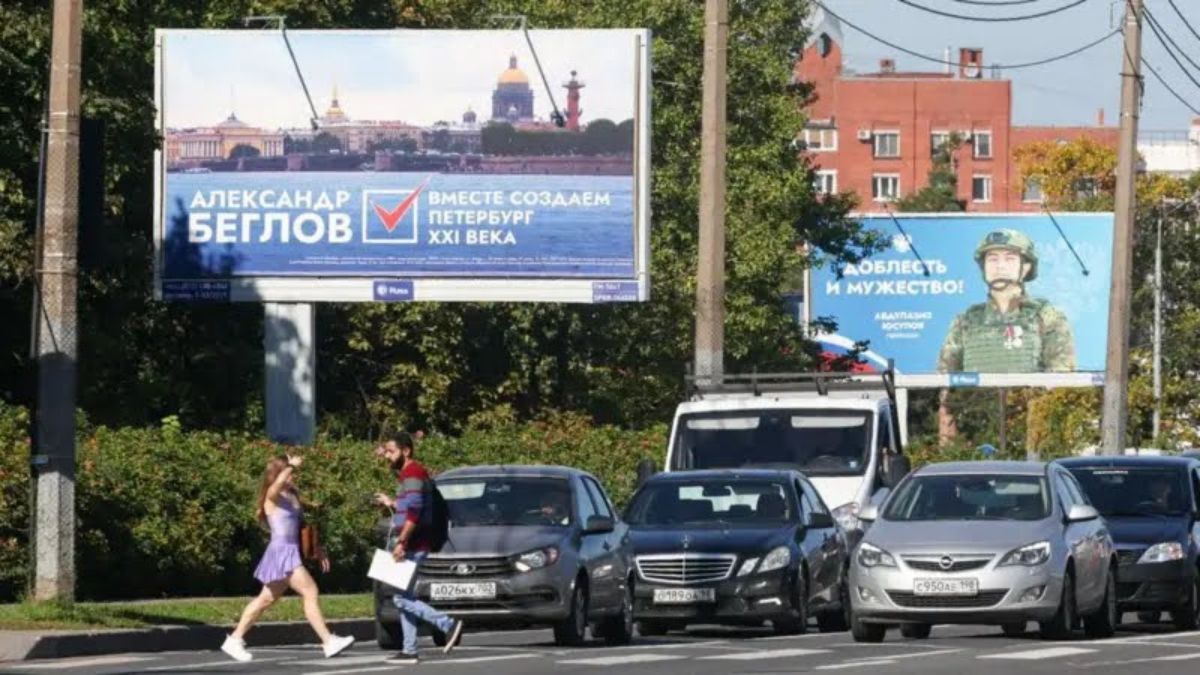Elections in Russia’s Kursk region are set to take place on September 8, despite ongoing conflict and challenges, according to the BBC. United Russia candidates in the area have replaced their campaign posters with images of doctors and volunteers, highlighting the political landscape’s shift to a more grassroots level. With parts of the region occupied and over 100,000 people evacuated due to fighting, many are questioning the practicality of holding elections under such circumstances.
The decision to proceed with voting came from the acting governor, Alexey Smirnov, and the Central Election Commission, even though a state of emergency—allowing for election cancellation—was declared. Observers like Stanislav Andreychuk, co-chairman of the “Voice” movement, indicated that the authorities aimed to project a sense of normalcy and control. Andreychuk suggested that political motives outweigh administrative logic, comparing the situation to previous votes in Donetsk, Lugansk, and other Russian-occupied territories where elections were held primarily for political validation.
Voting logistics have adapted to the conflict. Authorities have set up electronic, early, and extraterritorial voting options to accommodate those displaced. Evacuated residents could vote at 21 extraterritorial polling stations across 14 Russian regions until September 2. Within Kursk, 18 temporary stations have been established in TAPs and accommodation centers. Reports indicate that 27% of eligible voters have already cast their ballots early, with more than 83,000 applications submitted for electronic voting.
Extraterritorial voting, though, has raised concerns among observers due to the difficulty in monitoring the process. Regulations only permit individuals registered in the respective regions to observe, complicating oversight when voting occurs in other areas, such as Tambov. The Kursk regional election, occurring amid the Ukrainian offensive, underscores the intertwining of political interests and wartime realities in contemporary Russia.

